Five things you’ll find in (almost) every German home
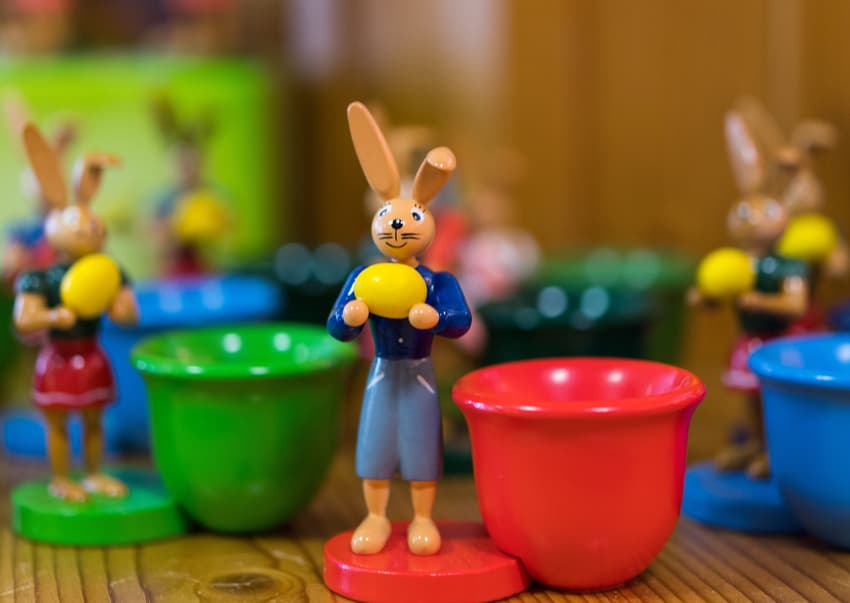
If you have German friends, you're bound to have come across a number of these items in their home.
Slippers
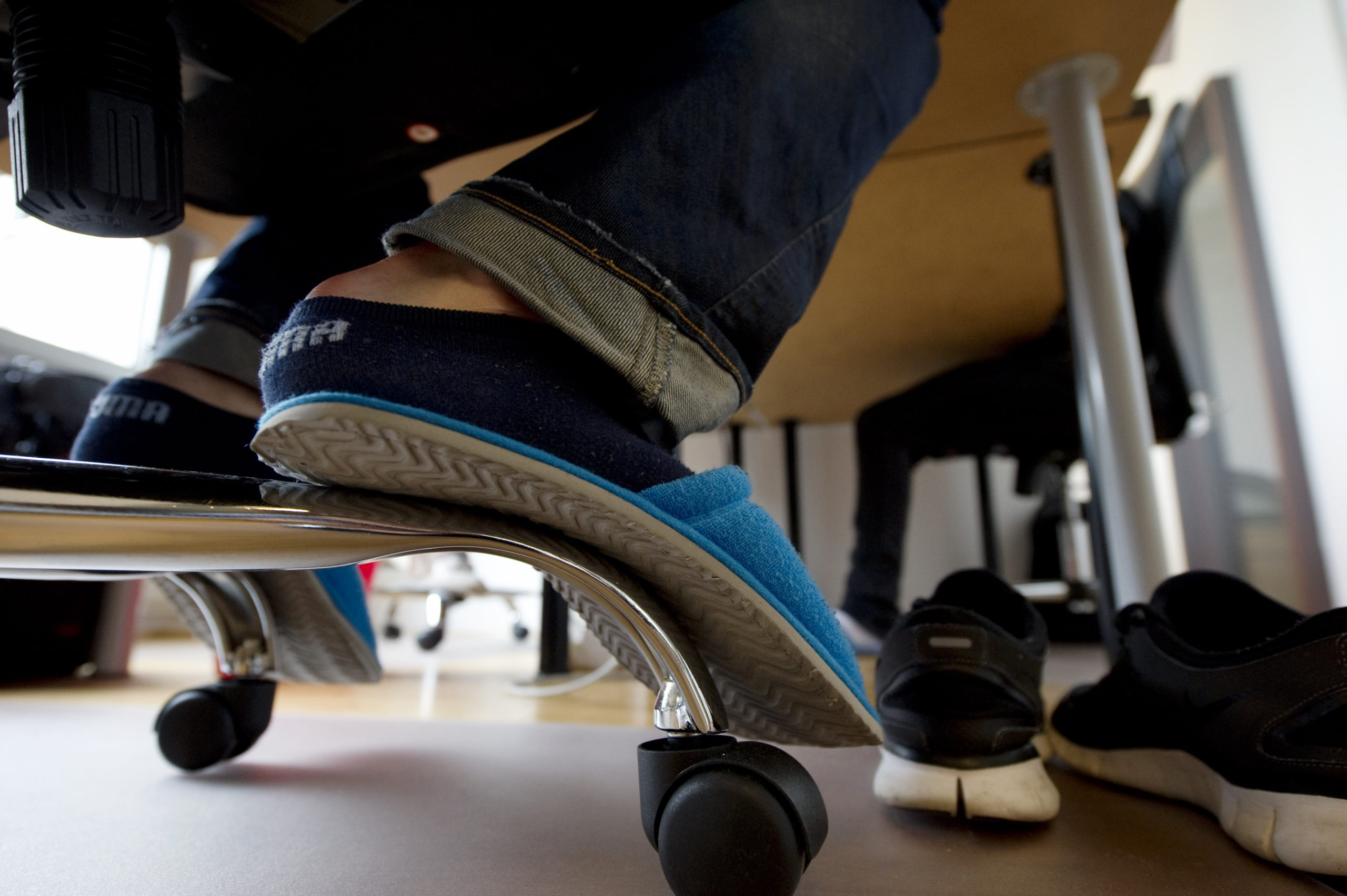
An employee of an internet startup wears slippers while working in Berlin. Photo: picture alliance / dpa | Emily Wabitsch
The first thing you'll notice when entering most German homes is a collection of shoes by the front door.
Though not every German will insist on the removal of Straßenschuhe (street shoes) when entering their homes, they will usually have some comfy, warm Hauschuhe (slippers) ready to hop into.
Households which are particularly hygiene-conscious will usually have pairs for the whole family and for guests too.
READ ALSO: Five German lifestyle habits you should think about adopting
A collection of empty bottles
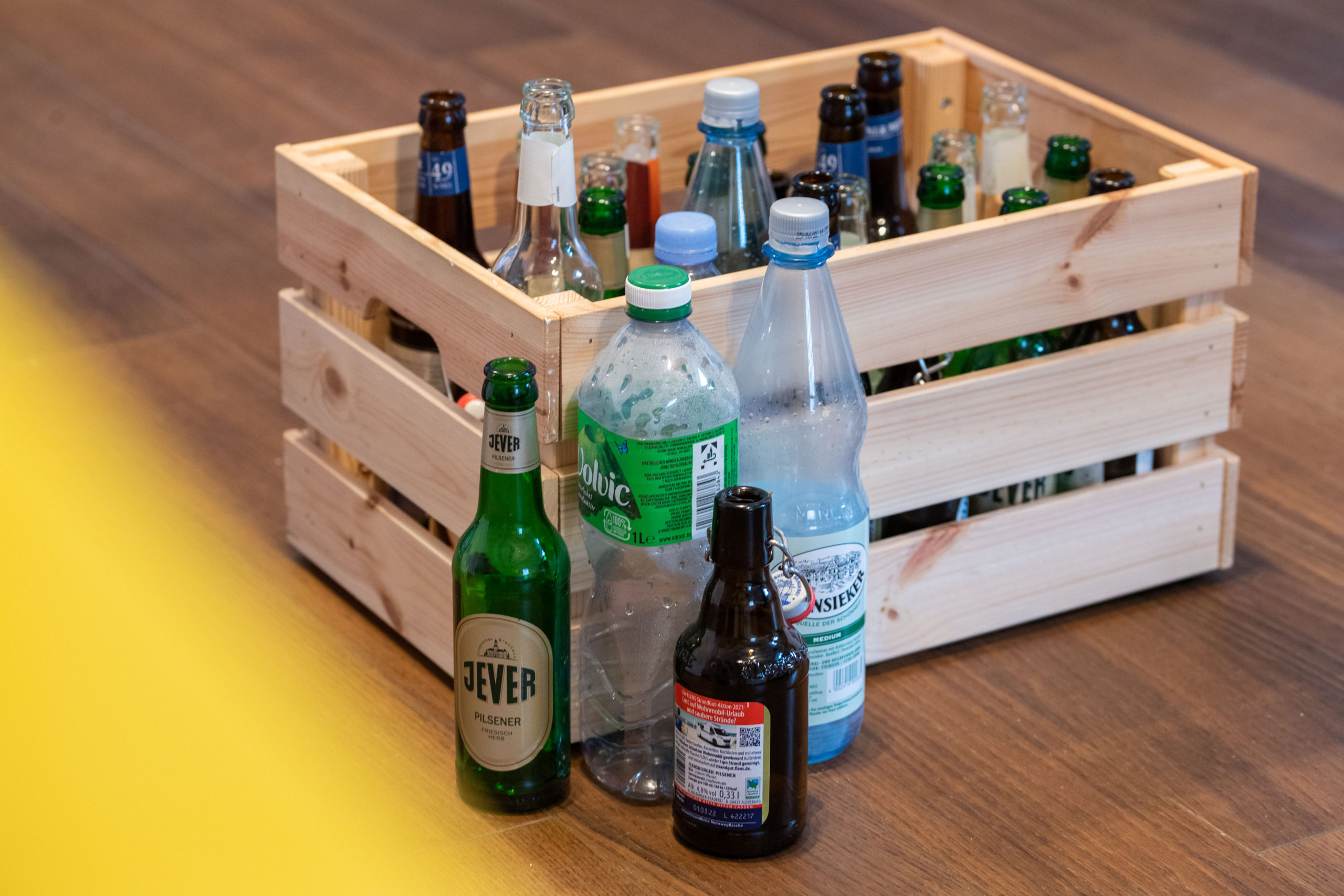
Various deposit bottles in front of and in a box on the floor. Photo: picture alliance/dpa | Lino Mirgeler
One of the things that people are usually pleasantly surprised by when they first move to Germany is the Pfandflasche (deposit bottle) system, whereby you can return cans and plastic and glass bottles for a partial refund.
Though not every bottle is a Pfandflasche, those that qualify are usually collected by German households to be taken back to the supermarket and processed at the sorting machine in exchange for some cash or money off their shopping.
A filing system
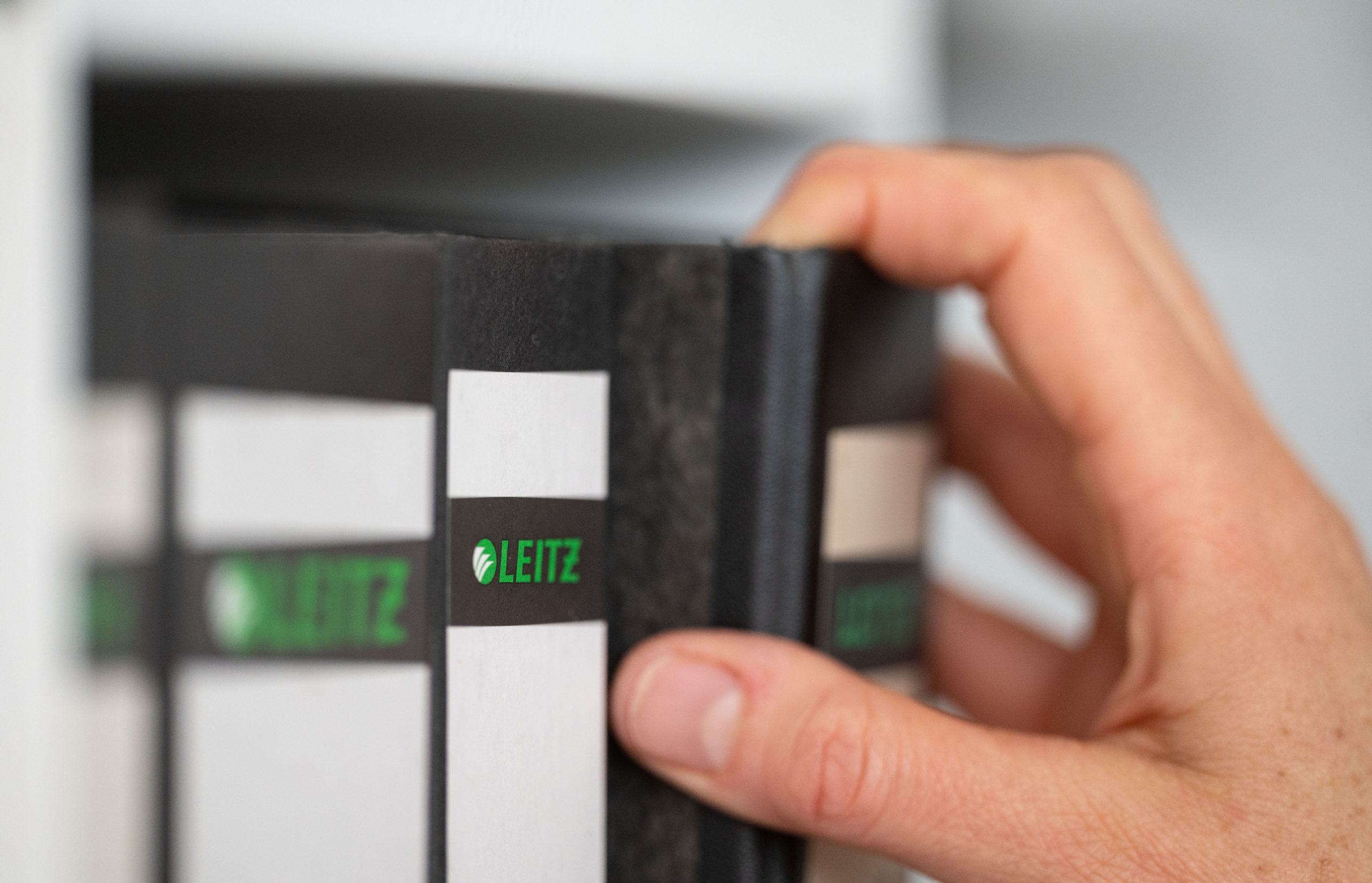
A woman takes a folder from a shelf. Photo: picture alliance/dpa | Marijan Murat
From the odd folder to a full cabinet, the majority of Germans will have some sort of filing system in their homes.
This is because Germans tend to take their laws and regulations very seriously, and so, tax returns, invoices, and expense slips need to be saved for years - which usually requires at least a few folders.
READ ALSO: Three things I learned after moving to Germany
The need for home-filing is also due to the fact that most German authorities still favour paper communications over e-mail, meaning that most households have an abundance of paper correspondence to deal with.
A plant
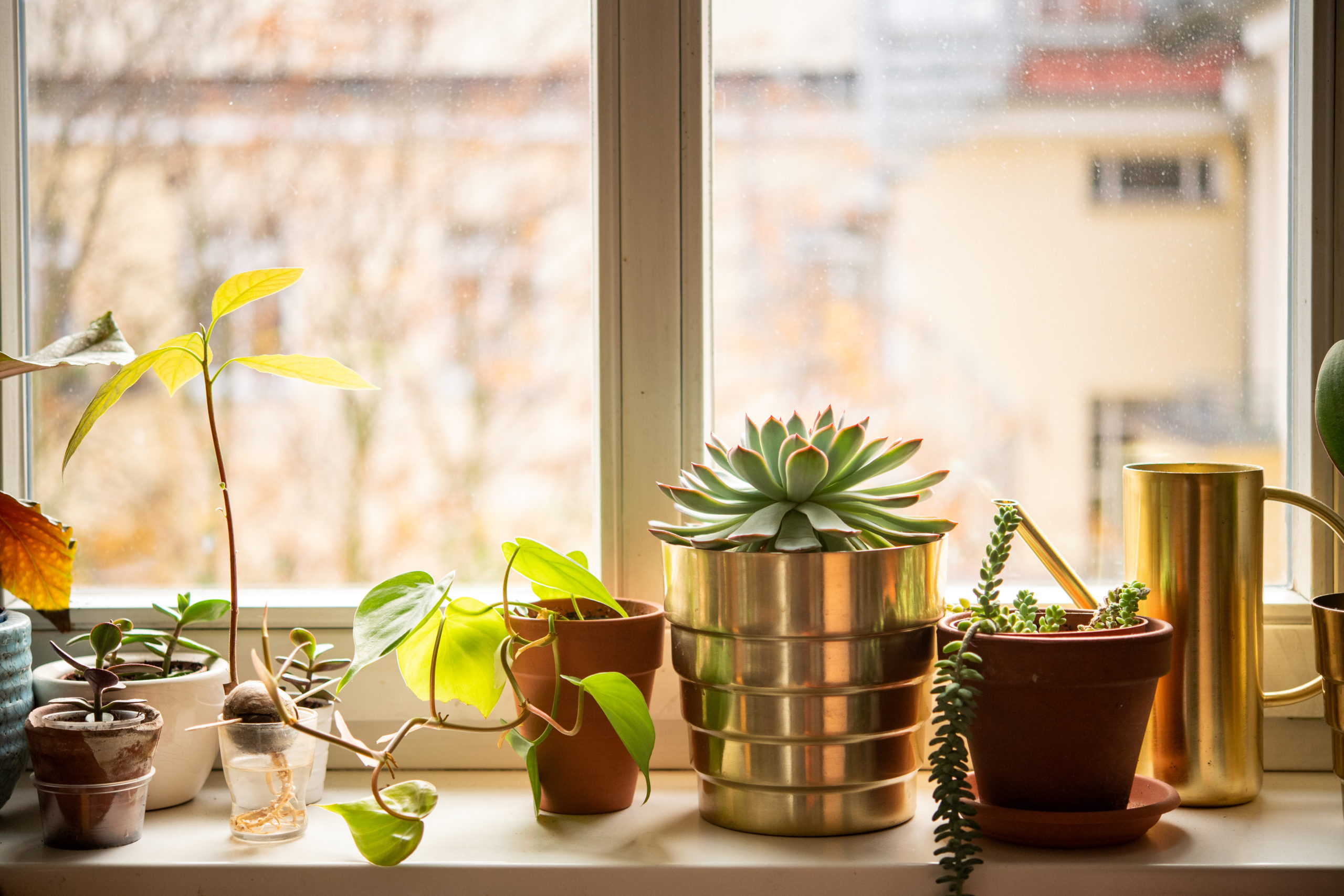
House plants on a window ledge. Photo: picture alliance/dpa/dpa-tmn | Zacharie Scheurer
Whether it's a green jungle in the living room, a flowery balcony paradise or a solitary cactus in the bathroom, most German households will have some sort of plant. This is especially important for people in flats who have to get a little bit creative to create the feeling of having their own garden.
A survey from 2020 showed that an incredible 74 percent of Germans own a house plant, with hardly any difference in ownership between men and women.
Egg cups
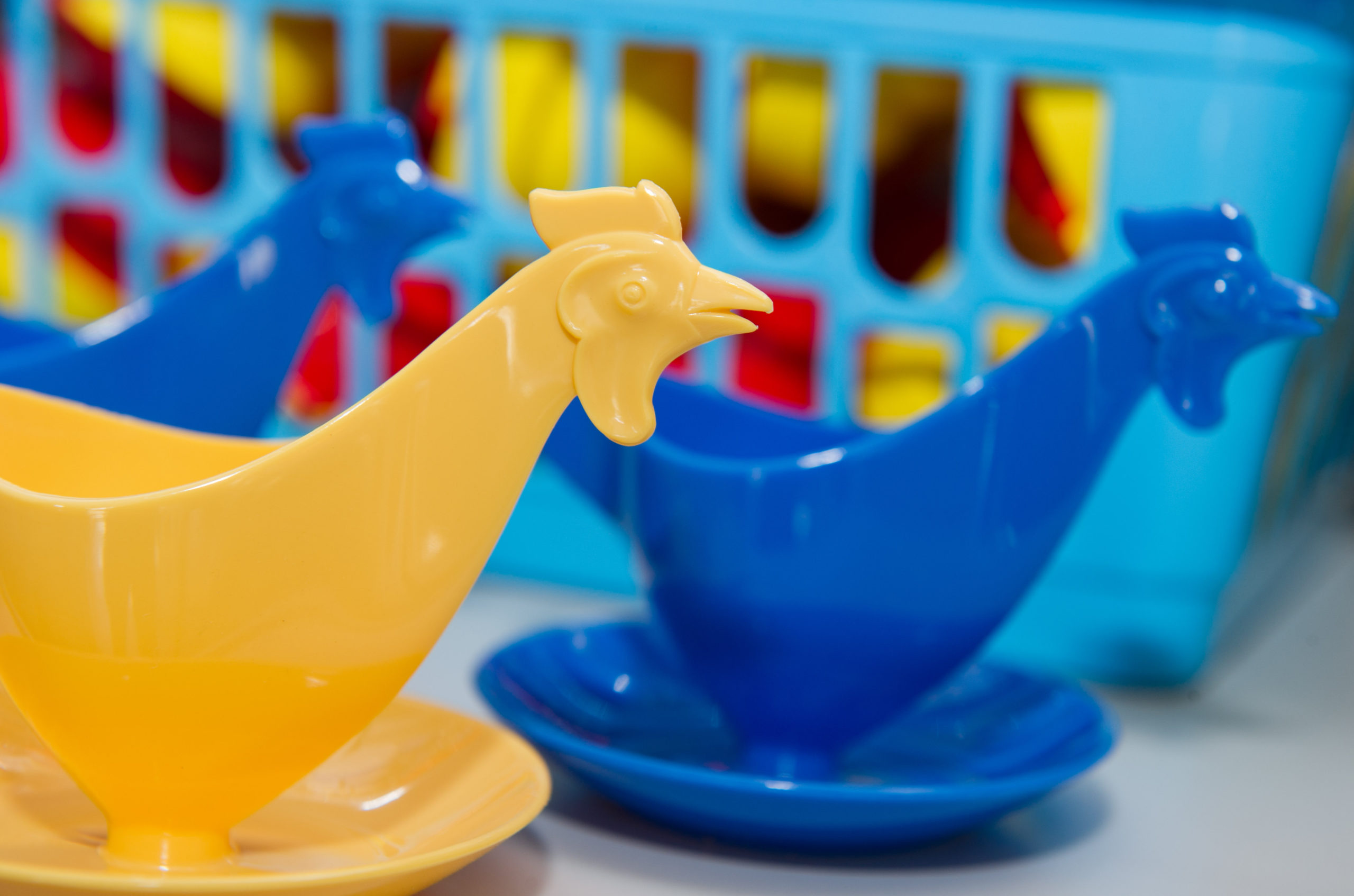
Egg cups in the shape of chickens, of the classic GDR design. Photo: picture alliance / dpa | Stefan Sauer
No proper German breakfast would be complete without a boiled egg, served in a cup. In fact, this type of egg is often called a Frühstücksei - or breakfast egg.
They can be plain or colourful, classy or flashy, plastic, porcelain and stainless steel. Some egg cups even have their own spoon and mini salt shaker.
The "Huhn" or "Chicken" egg cup is a particular favourite. It was produced by the brand Sonja Plastic in the GDR from the 1970s and is now considered a design classic.
Vocabulary
folder - (der) Ordner
shelf - (das) Regal
filing system - (das) Ablagesystem
plant - (die) Pflanze
egg cup - (der) Eierbecher
We’re aiming to help our readers improve their German by translating vocabulary from some of our stories. Did you find this article useful? Let us know.
Comments (1)
See Also
Slippers

The first thing you'll notice when entering most German homes is a collection of shoes by the front door.
Though not every German will insist on the removal of Straßenschuhe (street shoes) when entering their homes, they will usually have some comfy, warm Hauschuhe (slippers) ready to hop into.
Households which are particularly hygiene-conscious will usually have pairs for the whole family and for guests too.
READ ALSO: Five German lifestyle habits you should think about adopting
A collection of empty bottles

One of the things that people are usually pleasantly surprised by when they first move to Germany is the Pfandflasche (deposit bottle) system, whereby you can return cans and plastic and glass bottles for a partial refund.
Though not every bottle is a Pfandflasche, those that qualify are usually collected by German households to be taken back to the supermarket and processed at the sorting machine in exchange for some cash or money off their shopping.
A filing system

From the odd folder to a full cabinet, the majority of Germans will have some sort of filing system in their homes.
This is because Germans tend to take their laws and regulations very seriously, and so, tax returns, invoices, and expense slips need to be saved for years - which usually requires at least a few folders.
READ ALSO: Three things I learned after moving to Germany
The need for home-filing is also due to the fact that most German authorities still favour paper communications over e-mail, meaning that most households have an abundance of paper correspondence to deal with.
A plant

Whether it's a green jungle in the living room, a flowery balcony paradise or a solitary cactus in the bathroom, most German households will have some sort of plant. This is especially important for people in flats who have to get a little bit creative to create the feeling of having their own garden.
A survey from 2020 showed that an incredible 74 percent of Germans own a house plant, with hardly any difference in ownership between men and women.
Egg cups

No proper German breakfast would be complete without a boiled egg, served in a cup. In fact, this type of egg is often called a Frühstücksei - or breakfast egg.
They can be plain or colourful, classy or flashy, plastic, porcelain and stainless steel. Some egg cups even have their own spoon and mini salt shaker.
The "Huhn" or "Chicken" egg cup is a particular favourite. It was produced by the brand Sonja Plastic in the GDR from the 1970s and is now considered a design classic.
Vocabulary
folder - (der) Ordner
shelf - (das) Regal
filing system - (das) Ablagesystem
plant - (die) Pflanze
egg cup - (der) Eierbecher
We’re aiming to help our readers improve their German by translating vocabulary from some of our stories. Did you find this article useful? Let us know.
Join the conversation in our comments section below. Share your own views and experience and if you have a question or suggestion for our journalists then email us at [email protected].
Please keep comments civil, constructive and on topic – and make sure to read our terms of use before getting involved.
Please log in here to leave a comment.